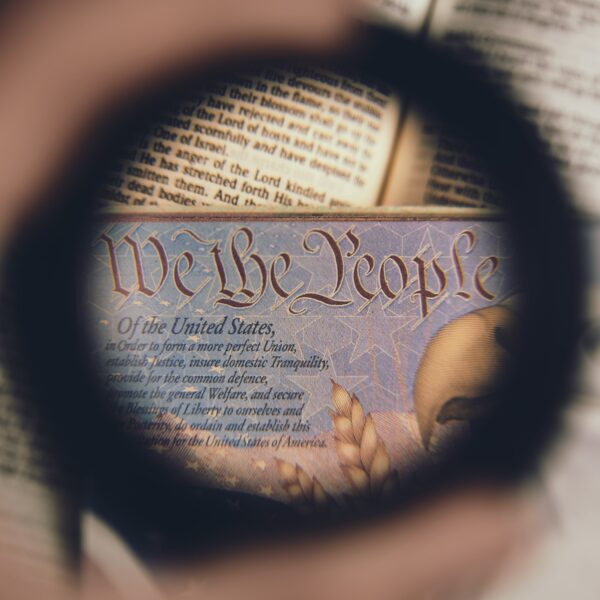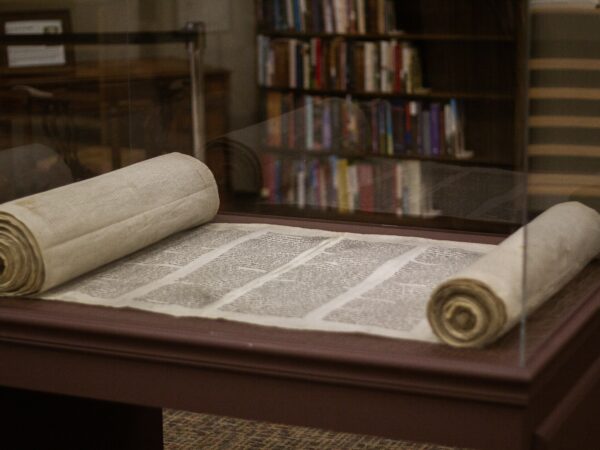
The promise of a new world, all memories of suffering erased, seems like a gift. But for
whom?
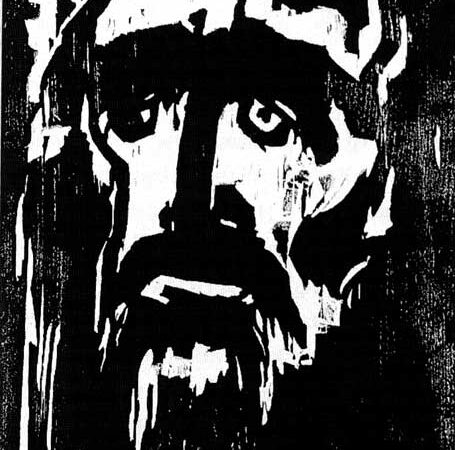
I am responding to George Shulman’s letters on Nietzsche and on prophecy. I do so by offering some thoughts on Nietzsche’s prophet, Zarathustra. In addition to considering Nietzsche’s Thus Spoke Zarathustra in light of Shulman’s “Political Theology” seminar, I also take illumination from Shulman’s American Prophecy: Race and Redemption in American Political Culture (2008).
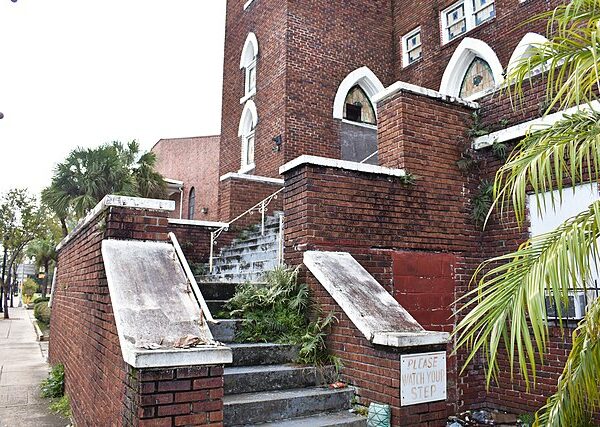
For the left to prevail in the war between old and new gods, we need not only prophetic discourse, but forms of mass organization capable of cohering a social bloc. In this work, religion, understood not as prophecy but as missionary work, remains a crucial resource.
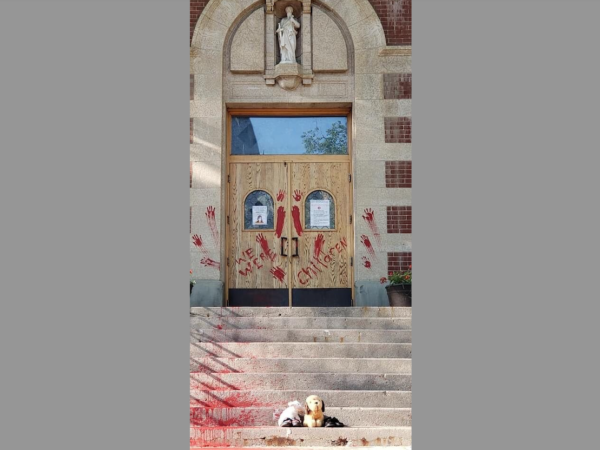
The God we meet in Amos and John demands righteousness, solidarity and justice as the foundations of faithful living. Neutrality scuppers justice. When we drift away from God, our fellow human beings and the life-giving environment, prophetic truth-telling tempered with an imagination for a different world becomes a necessity.
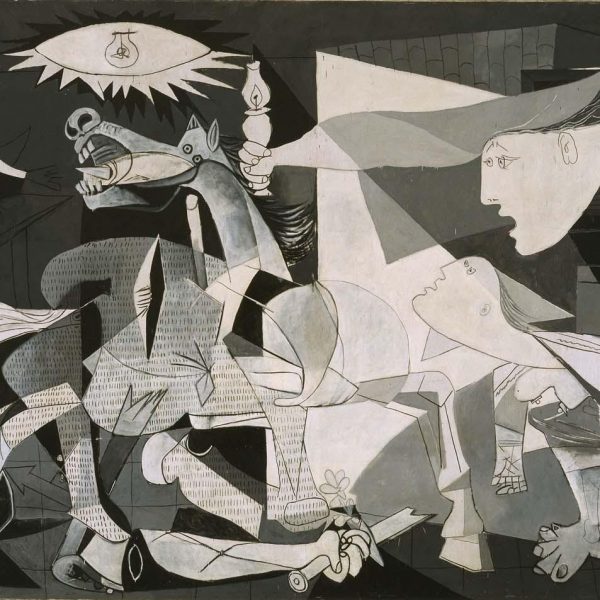
Could prophetic politics, with its unique emphases, allow us to envision another, possibly less dogmatic and more differentiated form of political theology? Could focusing on the schism between prophetic voice and political institutions reveal a different understanding of political theological concepts, beyond the realm of power and sovereignty?

Isaiah the prophet received his call; we must be prepared to receive ours.



